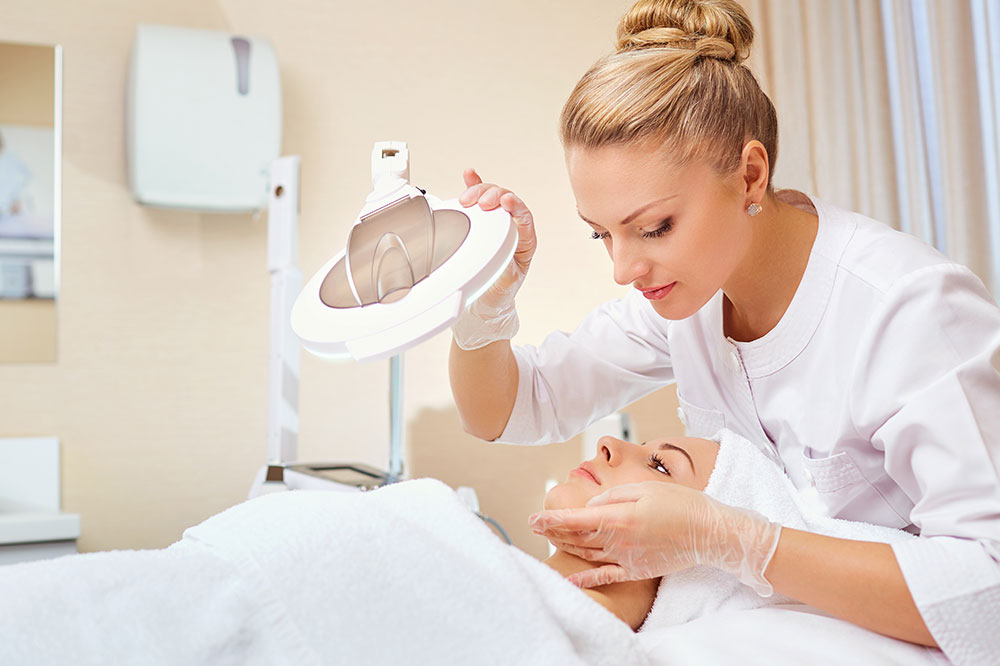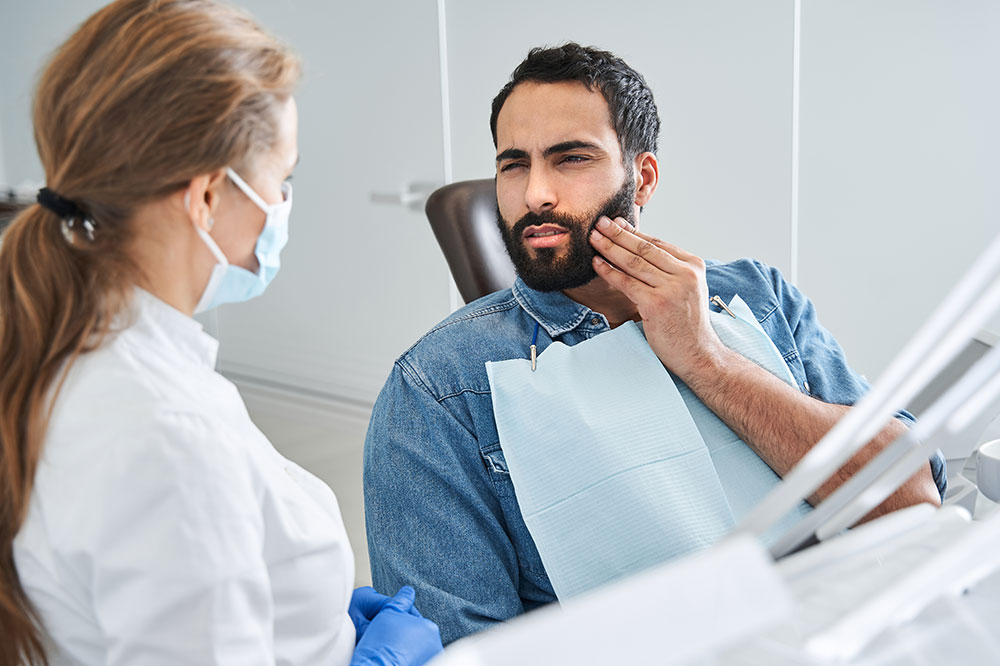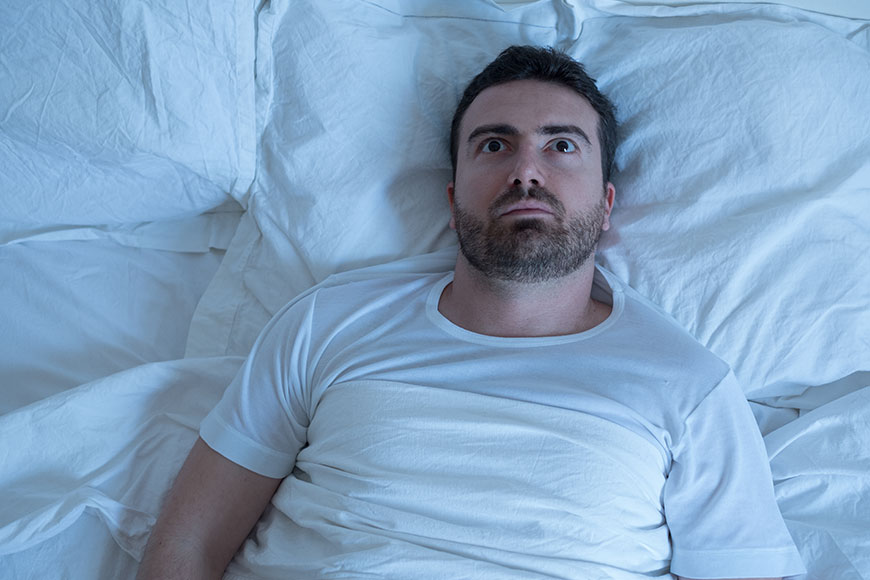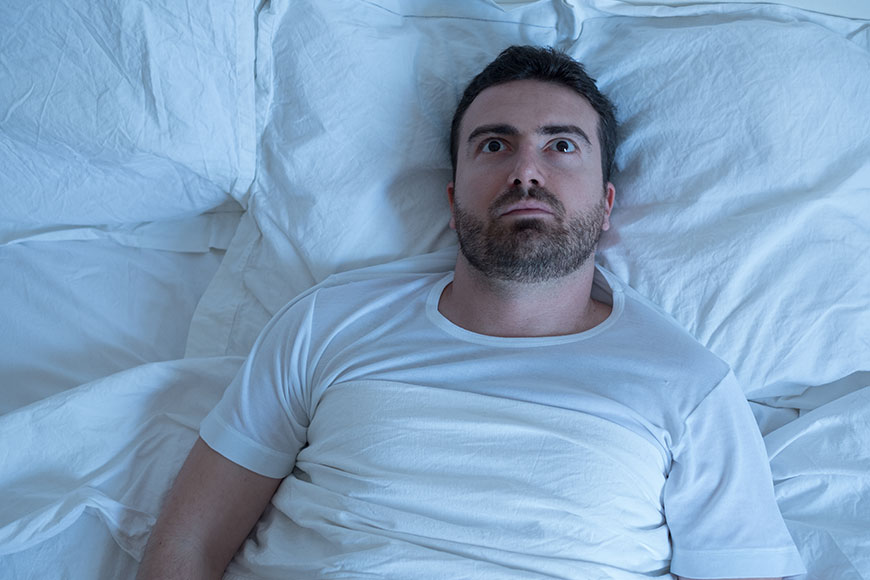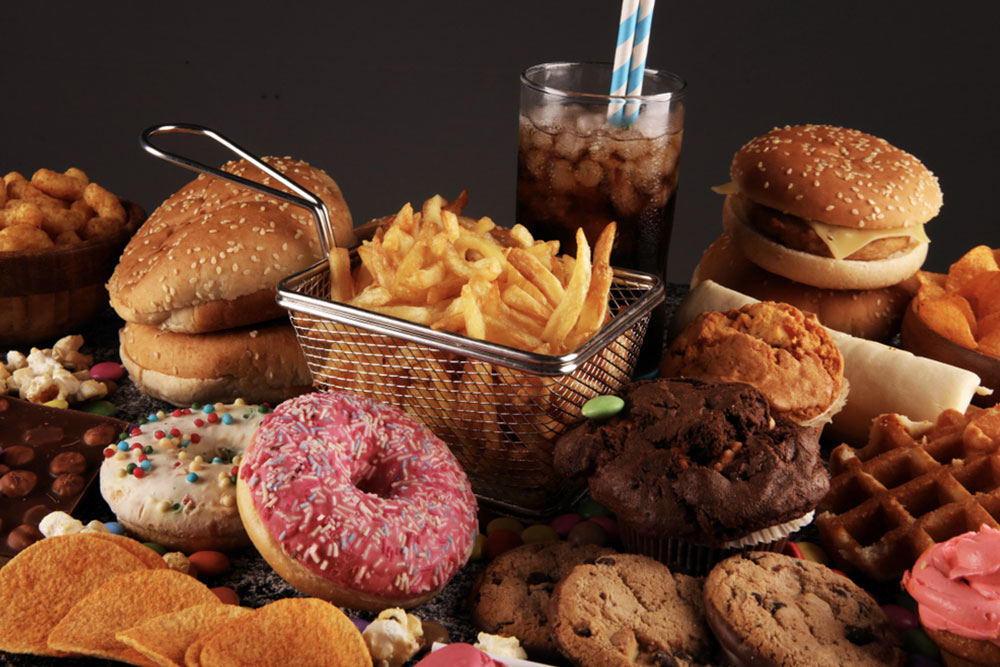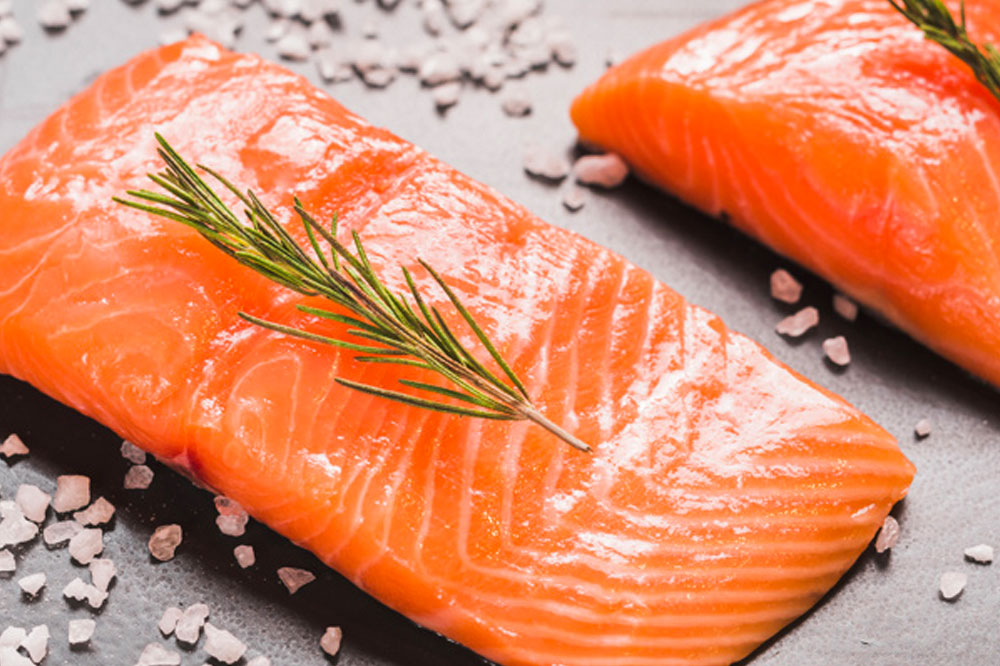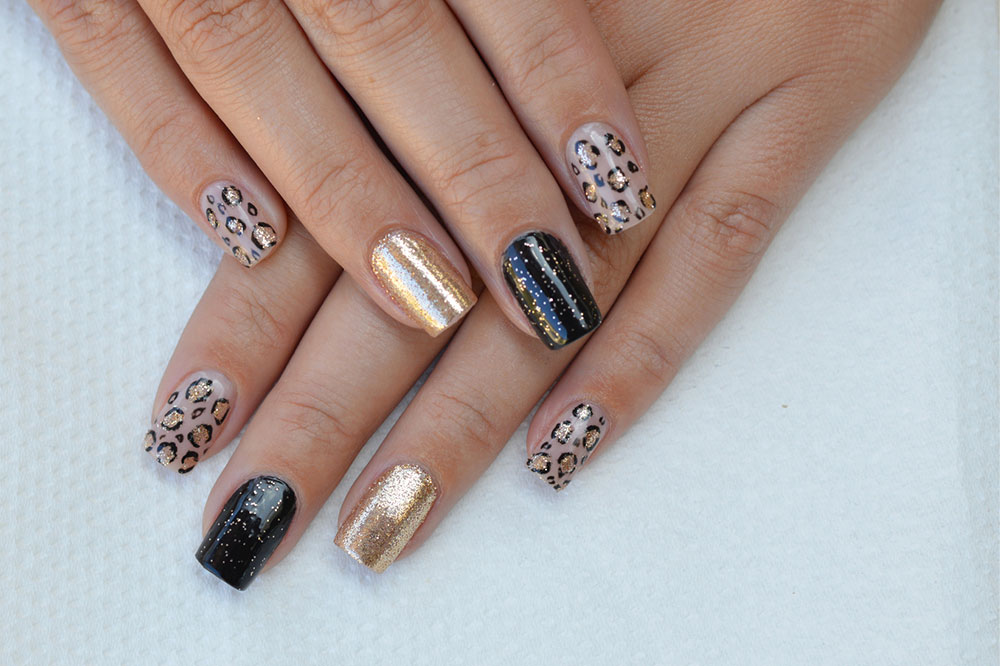5 signs that indicate the need to consult a dermatologist
Typically, people prefer to avoid visiting a healthcare expert since it is a stressful experience. However, a person’s skin, more often than not, provides an adequate picture of their health, so if the skin is showing signs of excess dullness, redness, changes color rapidly, or displays other symptoms, it is advisable to see a skincare expert at the earliest. Here are some of the signs that mean that one has to visit a dermatologist: Having dry, flaky skin patches Dryness and flaky skin patches are indicative of health conditions like psoriasis or eczema. In fact, these tend to be some of the early symptoms of such a condition, making it imperative for people to visit a dermatologist immediately. A dermatologist can correctly detect such conditions and provide the necessary treatment or prescription-based solutions to reduce the severity of the symptoms and improve one’s quality of life. One especially needs to consult a dermatologist if they experience flaky or overly dry skin on their scalp, chest, knees, elbows, or lower back. Having nail or skin infections Skin and nail infections mean that things like fungus, bacteria, viruses, or yeast have come into contact with a person’s skin. The most common indicator of this is swelling, inflammation, pus, warts, itching, or nail/skin discoloration.
Read More 